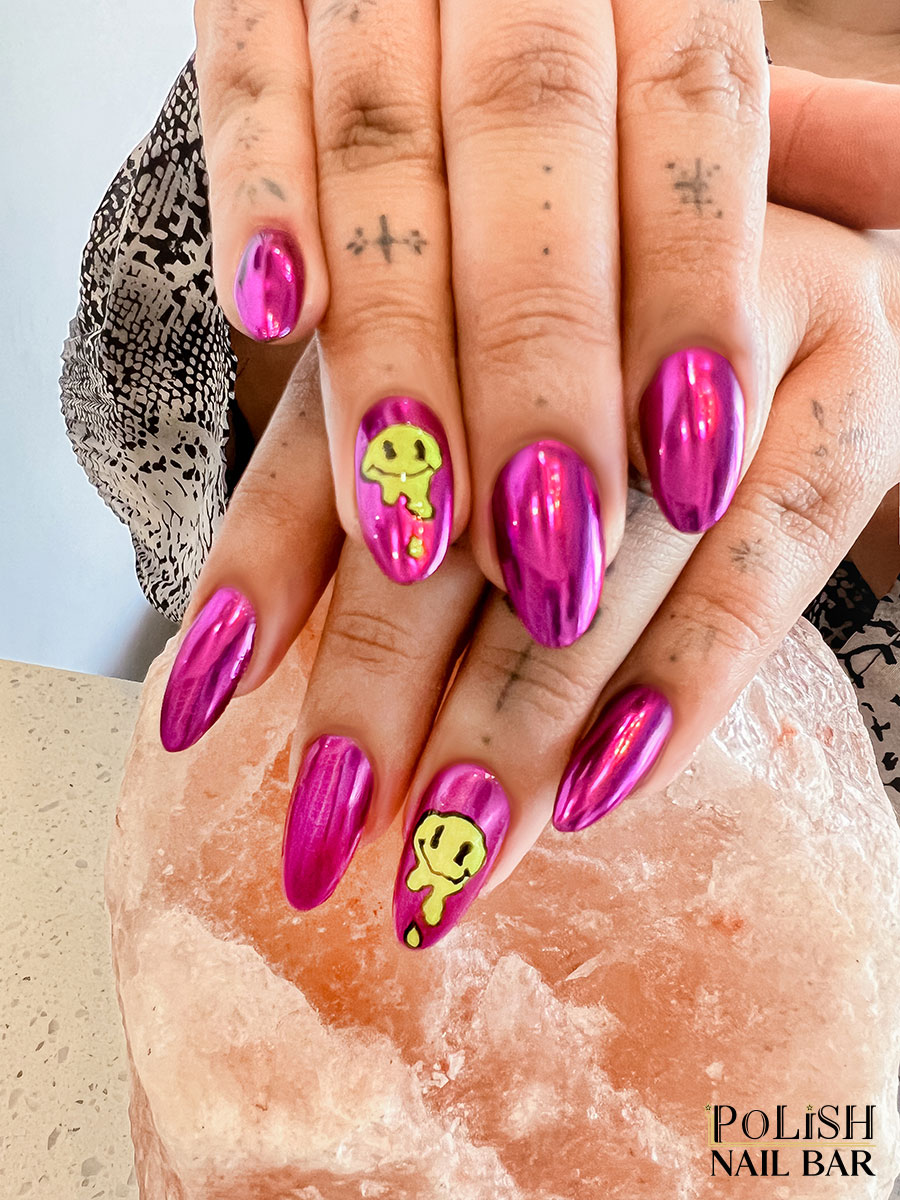Introduction
Effective communication is the cornerstone of successful relationships. Understanding how to communicate openly and honestly can enhance your dating experience and foster deeper connections with potential partners.
Importance of Clear Communication
Clear communication is essential for expressing your thoughts, feelings, and intentions. It prevents misunderstandings and ensures that both partners are aligned in their expectations. Open dialogue about your goals and boundaries is crucial for establishing a healthy relationship dynamic.
Discussing important topics early on, such as relationship goals and values, can help avoid potential conflicts and ensure that both partners are on the same page. Clear communication also helps build trust and mutual understanding.
Active Listening
Active listening involves fully concentrating on what the other person is saying without interrupting. It demonstrates respect and shows that you value their perspective. Practice active listening by making eye contact, nodding, and responding thoughtfully to their comments.
Active listening helps build rapport and fosters a deeper connection. It allows you to understand your partner’s needs and preferences, which can lead to more meaningful conversations and interactions.
Expressing Yourself
Expressing your feelings and opinions honestly is vital for a healthy relationship. Avoid vague language or passive-aggressive behavior. Instead, use “I” statements to articulate your thoughts and emotions clearly. For example, “I feel happy when we explore new places together, like the nail shops in Phoenix.”
Being open and honest about your needs and expectations helps prevent misunderstandings and builds a strong foundation for the relationship. Clear expression of your feelings also encourages your partner to be open with you.
Resolving Conflicts
Conflicts are a natural part of any relationship, but handling them constructively is essential. Approach conflicts with a problem-solving mindset rather than placing blame. Focus on finding solutions and understanding each other’s perspectives.
Effective communication during conflicts involves active listening, expressing your concerns without attacking your partner, and working together to resolve the issue. This approach helps strengthen the relationship and fosters a supportive environment.
Non-Verbal Communication
Non-verbal communication, such as body language and facial expressions, plays a significant role in how messages are received. Be mindful of your non-verbal cues, as they can convey emotions and intentions even when words are not spoken.
Positive non-verbal communication, such as smiling and maintaining an open posture, can enhance the effectiveness of your verbal messages. It helps create a welcoming and supportive atmosphere in your interactions.
Building Trust
Trust is built through consistent and honest communication. Being open about your feelings, intentions, and expectations helps establish a solid foundation for the relationship. Trust allows for deeper connections and a more fulfilling dating experience.
Building trust also involves being reliable and following through on your promises. Consistent communication and actions that align with your words reinforce trust and strengthen the relationship.
Conclusion
Effective communication is crucial for successful dating and relationship building. By practicing clear expression, active listening, and constructive conflict resolution, you can create a strong and meaningful connection with your partner. Understanding the role of non-verbal communication and building trust further enhances the quality of your interactions.

